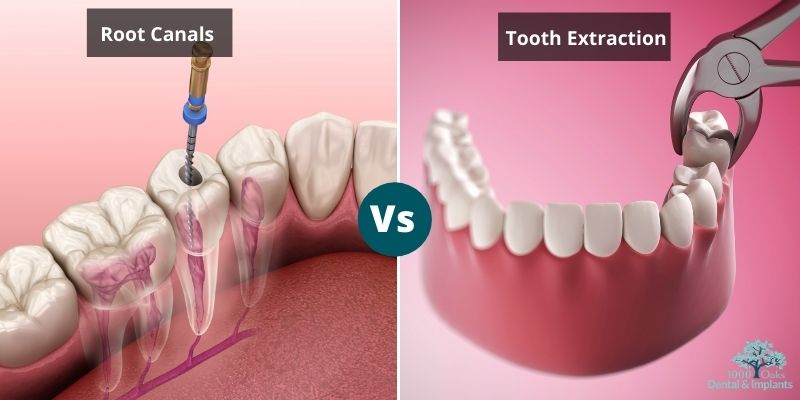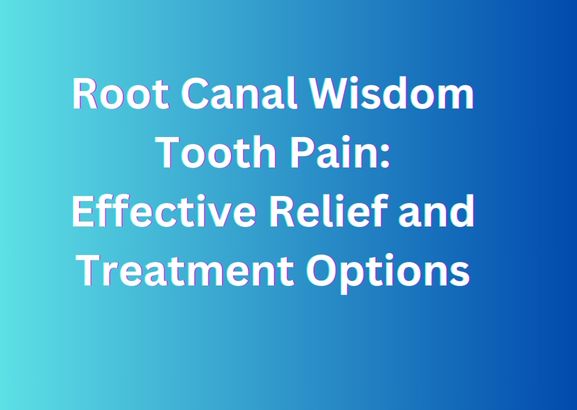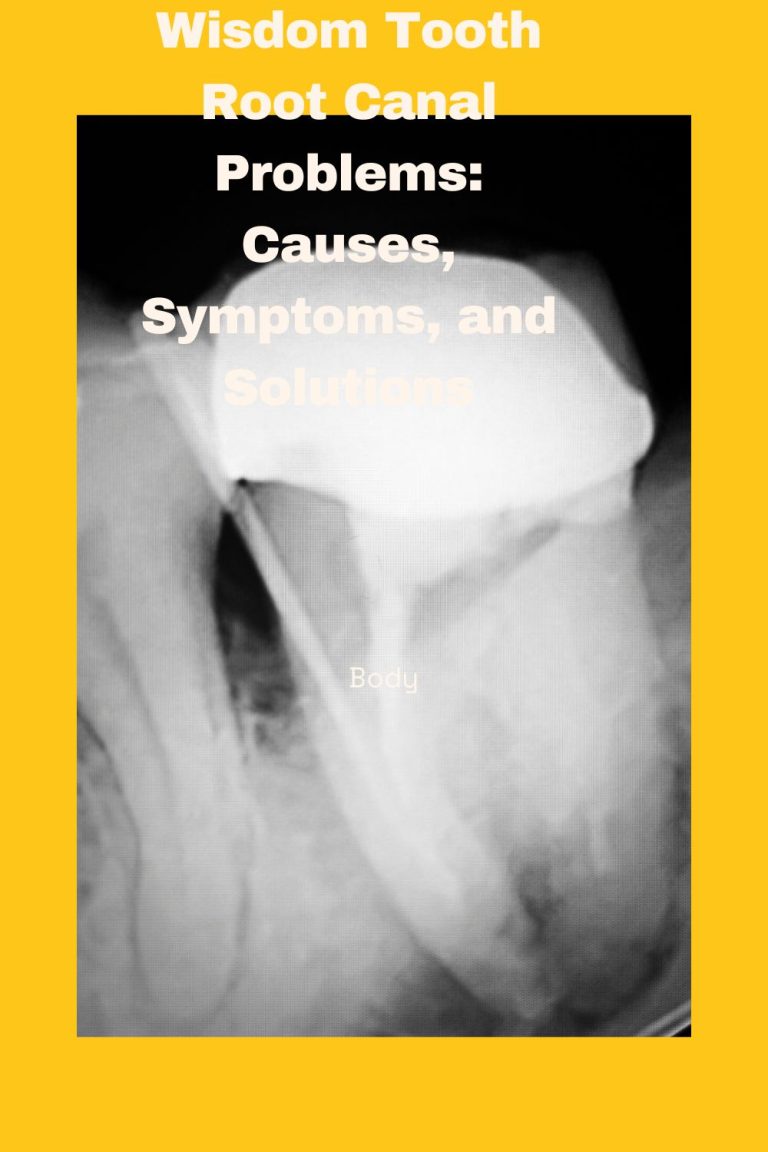Root Canal And Wisdom Tooth Extraction at the Same Time: What to Expect
Last Updated on 4 months by DR. ALBIN SIPES
Yes, it is possible to have a root canal and wisdom tooth extraction at the same time. This depends on individual circumstances and dentist recommendations.
Combining a root canal and wisdom tooth extraction in one appointment can save time and reduce the number of visits to the dentist. Dentists assess each case individually to determine the best course of action. Factors like the patient’s overall oral health, the complexity of the procedures, and the patient’s ability to handle multiple treatments in one session are considered.
Discussing with your dentist will help you understand the risks and benefits. This approach can be more efficient and may facilitate a smoother recovery period. Prioritize consulting a professional to ensure both procedures are necessary and can be safely performed together.
Pre-procedure Preparations
Preparing for a root canal and wisdom tooth extraction requires a thorough dental consultation, fasting, and arranging post-procedure care. Follow specific pre-procedure instructions from your dentist to ensure a smooth and effective treatment.
Consultation With Dentist
Consult your dentist before the procedure. Discuss all your symptoms and medical history. The dentist will explain the steps involved in both procedures. Ask questions if you have any concerns. The dentist will provide important instructions to follow before the procedure. Make sure you understand all guidelines given by the dentist.
Necessary Medical Tests
The dentist may order some medical tests. These tests ensure you are in good health for the procedure. Common tests include X-rays and blood tests. X-rays help the dentist see the condition of your teeth. Blood tests check for any underlying health issues. Follow all instructions for these tests carefully. The results help the dentist plan the procedure safely.
Understanding Root Canal
A root canal saves a tooth. The dentist removes the infected pulp. The inside of the tooth is cleaned. The tooth is then sealed. The procedure is usually painless. Most people need a crown after a root canal. This helps to protect the tooth.
A toothache is a common symptom. The pain can be sharp. It can also be dull. Swelling around the tooth is another sign. Sometimes, a pimple forms on the gums. A bad taste in the mouth can occur. The tooth may be sensitive to hot or cold drinks.
Wisdom Tooth Extraction Basics
First, the dentist numbs the area with an injection. Then, they make a small cut in the gum. Sometimes, the tooth needs to be cut into smaller pieces. This makes it easier to remove. The dentist uses special tools to take out the tooth. Finally, they clean the area and may stitch the gum.
Some people may experience swelling and pain after the procedure. Bleeding can happen but usually stops quickly. Infection is a risk if the area is not kept clean. Sometimes, there can be numbness in the lips or tongue. This is usually temporary. A small number of people may have dry socket, which is painful. This happens if the blood clot is lost too soon.
Simultaneous Procedures
Having a root canal and wisdom tooth extraction at the same time can save time. This means fewer trips to the dentist. There is also less time off work or school. But, it can be more painful. Recovery may take longer. Some people may feel overwhelmed. Two procedures might be too much for some patients. It’s important to talk to your dentist about your options. They will help you decide what’s best for you.
Both procedures can take a few hours. A root canal usually takes 1 to 1.5 hours. Wisdom tooth extraction can take up to 2 hours. The total time depends on each case. Some teeth are harder to treat. Ask your dentist for a time estimate. Plan your day around the appointment.
Pain Management
Different anesthesia options help manage pain. Local anesthesia numbs the specific area. Sedation anesthesia makes you relaxed and sleepy. General anesthesia makes you sleep through the procedure. The dentist will choose the best option for you. Each type has its benefits and risks.
Pain relief is important after the procedure. Over-the-counter painkillers can help. Your dentist might prescribe stronger medication if needed. Ice packs can reduce swelling and pain. Avoid hard and crunchy foods. Rest and follow your dentist’s instructions. This ensures a smooth recovery.

Recovery Process
Rest is very important after the procedures. Use an ice pack to reduce swelling. Take prescribed painkillers as directed. Avoid hard or crunchy foods for a few days. Drink lots of water but avoid using a straw. Keep your head elevated while sleeping. Maintain good oral hygiene, but be gentle around the treated areas. Watch out for any unusual symptoms like severe pain or bleeding.
Eat soft and nutritious foods to aid recovery. Brush your teeth gently twice a day. Floss carefully to avoid disturbing the healing areas. Avoid smoking and alcohol as they can slow down healing. Visit your dentist for follow-up appointments. If you feel discomfort, consult your dentist immediately. Follow all aftercare instructions to ensure a smooth recovery.
Potential Risks
Infections can occur after dental procedures. Bacteria can enter the tooth or gum area. This can lead to pain and swelling. Good oral hygiene helps prevent infections. Dentists often prescribe antibiotics to reduce infection risk. Follow all post-surgery care instructions.
Complications may include bleeding and bruising. Some people experience numbness in the tongue or lips. Swelling is common after surgery. Pain can be managed with medication. Dry socket is a risk after wisdom tooth extraction. Nerve damage is rare but possible. Always follow your dentist’s advice.

Conclusion
Considering both procedures can save time and reduce multiple visits. Always consult your dentist for personalized advice. Understanding the benefits and risks ensures better dental health. Prioritize your oral care and make informed decisions. Your smile is worth it.



